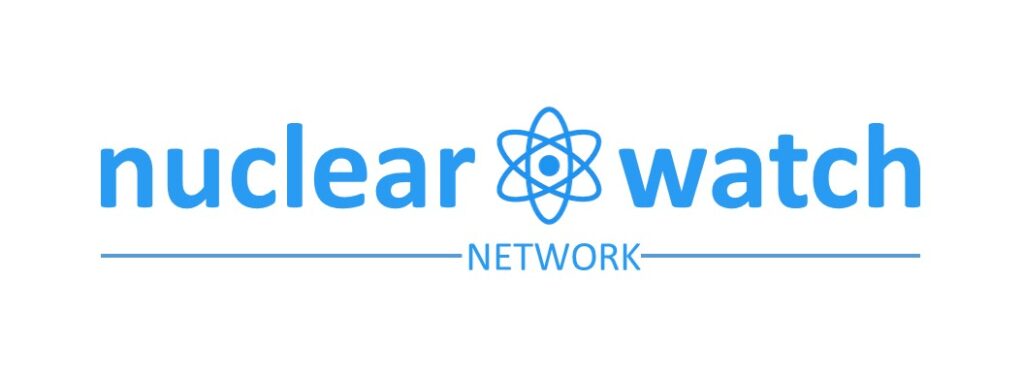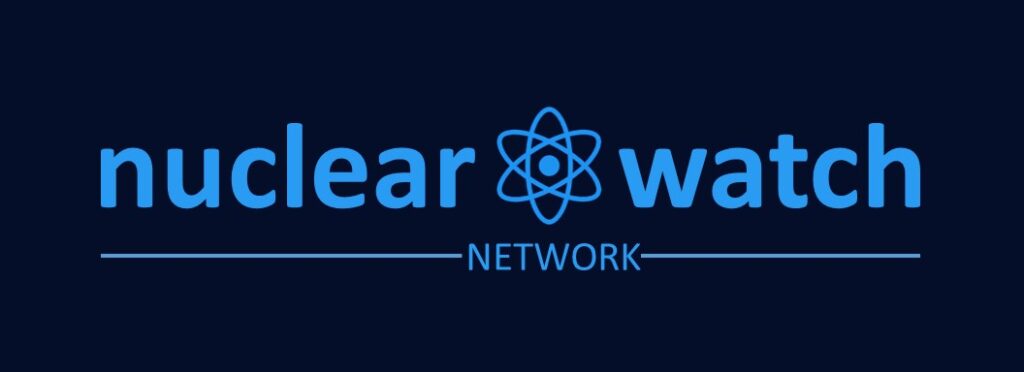Sasan Karimi, PhD.
Post-doctoral fellow and adjunct professor, Faculty of World Studies, University of Tehran. (sasan.karimi@ut.ac.ir)
Resident scientist, Nuclear Watch Network.
Beyond the Headlines: Unraveling the Complexities of Iran’s Nuclear Program, IAEA and International Diplomacy
The Iran nuclear program is one of the old cases on the headlines since over a couple of decades ago. With all its rises and falls, today it is almost a repeating and boring topic for people to hear about over the news.
But what is the entire story? Regardless of the political narratives each side tries to present to the public for its own aim, the first fact is that with all the time that has passed and all the capabilities Iran has in different scientific, technological and defense axes, it does not possess any nuclear weapons as of today.[1]
As we all remember IAEA’s typic reports about “not having Iran’s comprehensive cooperation” for more than 70% of the last 23 years, it shows that Iran does not see nuclear weapons as a viable option in its defense doctrine.
In fact, IAEA which is a sensitive international organization, is supposed to have two aspects: technologic and engineering as well as international law which is related to the conventions and agreements with the member states. But this is an unrealistic expectation; as an international watchdog which is related to the main security and political affairs of the globe, no doubt IAEA has a political shadow over its discourse, relations and alike. Firstly, the member states determine its key people and decide mostly with their political preferences and considerations. Whether good or bad, it is a part of the reality.
This is a key requirement of any analysis or positioning that we are focusing on the legal terms or the balance of power.
From an Iranian point of view, it is historically a sensitive topic to “make its decisions in Tehran” and not under a “permission” from outside. A neutral observer can find its origin in the Islamic revolution 1979 and before that in the nationalization movement of 1953. That is why even avoiding any nuclear weapon has a domestic, national, and religious (Quran-based Fatwa) base in its back and is not “under pressure” from outside. But now, things are not simple to analyze: Iran has scientific and technical capabilities in different majors which are not so easy to find among other developing countries including in nuclear industries. It does not go into the typic development other middle size powers go through.
From the opposite side, entities like the United States and especially the Israeli regime, try to securitize the entire country and its political system through securitizing its nuclear development and associating everything nuclear with military aims. Such securitizations are understandable from enmity relations and have theoretical basis in Copenhagen school in international relations. That is why they try to undervalue this project and its gains by terrors, sanctions and media narrative while at the same time overestimate it in the international arena, both to securitize the project, increasing the costs and decreasing the benefits and there yield the priorities of different sides to their own preferences.
But IAEA, which is an international organization, is supposed to be neutral and fair. Of course, for a country of Iran’s size, it is impossible to monitor, investigate data from every inch and keep them updated. So, “being unable to confirm” cannot reflect a meaningful place to worry or not.
Today, we see different positions from the Director General Grossi about Iran which tend to be political instead of technical or legal. Actually, he tries to justify his positions with some technical data. But in order to be clear with the data he manifests, one should be clear with different commitments Iran has and has not. For example, when one speaks about Iran’s commitment of centrifuge machines for enriched uranium, we should know that this commitment is under JCPOA terms through the items 26 and 36 of which, Iran could suspend the implementation of its commitments; what has been manifested clearly and explicitly. The JCPOA is a political agreement in which everything is in return and there is no unilateral approach and commitment for Iran. Many of the verification and monitoring activities of Iran’s sites are among this type. The other type of the commitments people can speak about are the ones related to the Additional Protocol which Iran has implemented twice but both voluntarily; it never accepted or ratified it. It is not being implemented and this is also clear and official. The other type is the Comprehensive Safeguards Agreement (CSA), based on INFCIRC/153 Type, which is for the permanent commitments of the member state under NPT. It is important not to mix these types and feel that Iran is breaching the commitments it is supposed to fulfill: what Grossi does repeatedly in its report and more than that in his interviews. It is important to know that as long as everything is under the actual commitments, which are only the CSA today, Iran does not see any reason to convince others about its decisions or justify them somehow.
Rafael Grossi seems to keep Iran case prioritized and securitized: even when it seems that Iran is not on the top of the list of concerns, he tries to put it back, which can be firstly analyzed as organizational politics, which may reflect his concerns for the Agency to be kept on top. Secondly it is possible to analyze it under bureaucratic politics which is mostly related to the history of political aims of the countries at the moment of his election as well as possibly his personal landscape for his current and future political career. That can justify why he tries continuously to make an analogy between Iran and Iraq of 1980 or Iran and North Korea; which requires forgetting the fact that Iran, with maximum 3% of nuclear facilities worldwide, is already under 20% of the global surveillance of the nuclear sites. Comparing with any other country also does not have any meaning in international relations as every state has its own complete sovereignty right.
In order to do this, one should show off somehow that Iran is under the UN nuclear sanctions which is not. As an international organization, the IAEA should not treat the United States’ unilateral sanctions as legal and legitimate.
Actually, if one analyzes the reports of the IAEA at least in the last couple of years, they are technical on the reporting section and extra-political in the concluding section which uses ambiguous, uncertain and mixed phrases, data and tone. Especially about the JCPOA, the IAEA is only on the chair of reporting data and not concluding or judging about each side’s activities; the most unprofessional measure of which is to mix the separate reports about the safeguards, JCPOA and others to conclude in a dramatic and inaccurate way.
It is important to learn from this twenty-years-history that it is impossible to put Iran under pressure and get some points with irreversible consequences. Iran does not take its benefits from the JCPOA after US withdrawal, especially in the economic axis, so, it is an exceeding expectation to have the nuclear limitations only because there is no major technical application of them from another point of view.
It is essential to understand that Iran’s post-US-withdrawal nuclear capabilities are basically its leverages to improve its bargaining power and for most of them, the final justification is termination of the sanctions. It is not possible to sort every consideration out with Iran at the same time and at Iran’s cost only.
If this idea worked, something like the JCPOA would not be necessary. The point is there and seems the only balance which was realistically available. It means that if the western countries and now the Agency want Iran to back to implement these concern-resolving nuclear limitations, it is required to pay the bill of other pages of the deal that means Iran’s benefits on the ground. So, it is clear that this is President Trump who should be cornered for his irrational decision; all the headaches for Iran, IAEA and the West originated in that withdrawal which has not been compensated by President Biden as well.
[1] Rafael Grossi’s interview with Amanpour & Co., 29.03.2024

